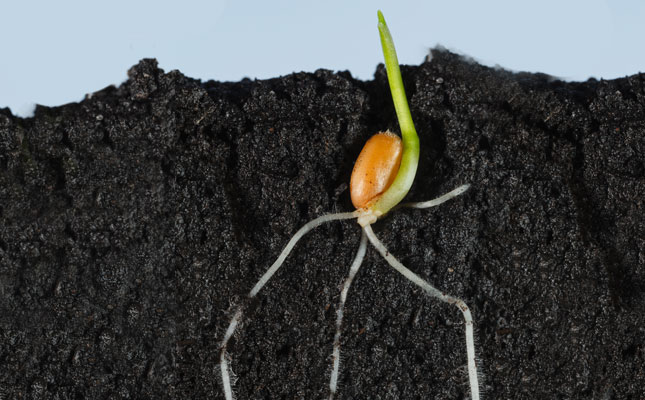
Photo: Supplied
Plant growth is affected by environmental factors such as light, temperature, water, humidity, and nutrition. We have little or no control over abiotic stresses, which include drought and extreme temperatures, and these can be just as harmful to crops as pests and diseases are.
Therefore, we must focus our efforts on the aspects of plant growth that we can positively influence. Plants’ physiological processes, such as germination, photosynthesis and nutrient assimilation, are within our reach to steer and optimise in order to achieve increased plant resilience and overall growth.
To this end, Stoller has dedicated over 50 years to research on plant physiology and biochemistry in an effort to understand the dynamic processes associated with plant growth, metabolic activity, and communication signalled by plant hormones, and translating this knowledge into proven solutions for farmers around the world.
Stoller’s products carry specific technologies that ensure the effective delivery and translocation of co-factors and nutrients at each stage in the physiological development of plants.
A solution for legume farmers
Stoller South Africa is proud to offer its customers proven global solutions to steer plant physiology in a more favourable direction towards optimal plant growth. Two such solutions are Co-Mo Platinum, developed for grain legumes, and Cellerate, developed for cereal grains.
Co-Mo Platinum delivers cobalt (Co) and molybdenum (Mo) to soya bean plants at planting and/or at the V4 growth stage. Since legumes are nitrogen-fixing plants, they require Mo, as it is a co-factor of the enzyme nitrogenase.
Research has shown that when soya bean plants have a Mo deficiency, their productivity is negatively affected. Thus, a Mo deficiency can result in a nitrogen (N) deficiency in leguminous plants.
Cobalt, on the other hand, is required to synthesise cobalamin and leghaemoglobin, which regulate the oxygen concentration in nodules to ensure optimal function of the nitrogenase enzyme. Rhizobium bacteria are cobalamin-dependent, therefore a lack of cobalamin will have a negative effect on the N supply to the plant.
A resource for grain producers
For cereal grains and other non-leguminous plants, Cellerate was developed to improve N assimilation and promote an optimal natural hormonal balance during the early growth stages of plants.
Cellerate contains effective forms of Mo, zinc (Zn) and phosphorus in ideal concentrations, and is proven to enhance germination and uniformity. It also provides a more expansive root system through the improved use of N.
Five plant enzymes are Mo-dependent, namely sulphite oxidase, mitochondrial amidoxime reductase, xanthine dehydrogenase, nitrate reductase and aldehyde oxidase.
These enzymes are known to participate in numerous oxidation-reduction reactions, which are required for optimal plant growth and development. Meanwhile, Zn is a key factor in the synthesis of the plant hormone auxin. Hence, in adequate supply, Zn enhances plant growth.
For more information on Stoller Integrated Solutions, phone Josh Meyer on 082 809 2069, or Drew van Coller on 063 685 7482. Visit www.stollersouthafrica.co.za
Sources:
- O’Hara, G. (2001) Nutritional Constraints on Root Nodule Bacteria Affecting Symbiotic Nitrogen Fixation: A Review. Animal Production Science, 41, 417-433.
- Afzal, J., Ahmad, I., Alam, M., Bhantana, P., Binyamin, R., Din, I.U., Elyamine, A.M., Hu, C., Imran, M., Kamran, M., Khan, I., Moussa, M.G., Rana, M.S., Saleem, M.H., Shaaban, M., Sun, X & Younas, M. (2020) Molybdenum as an Essential Element for Crops: An Overview. Biomed J Sci & Tech Res, 24, 18535 – 18547.












